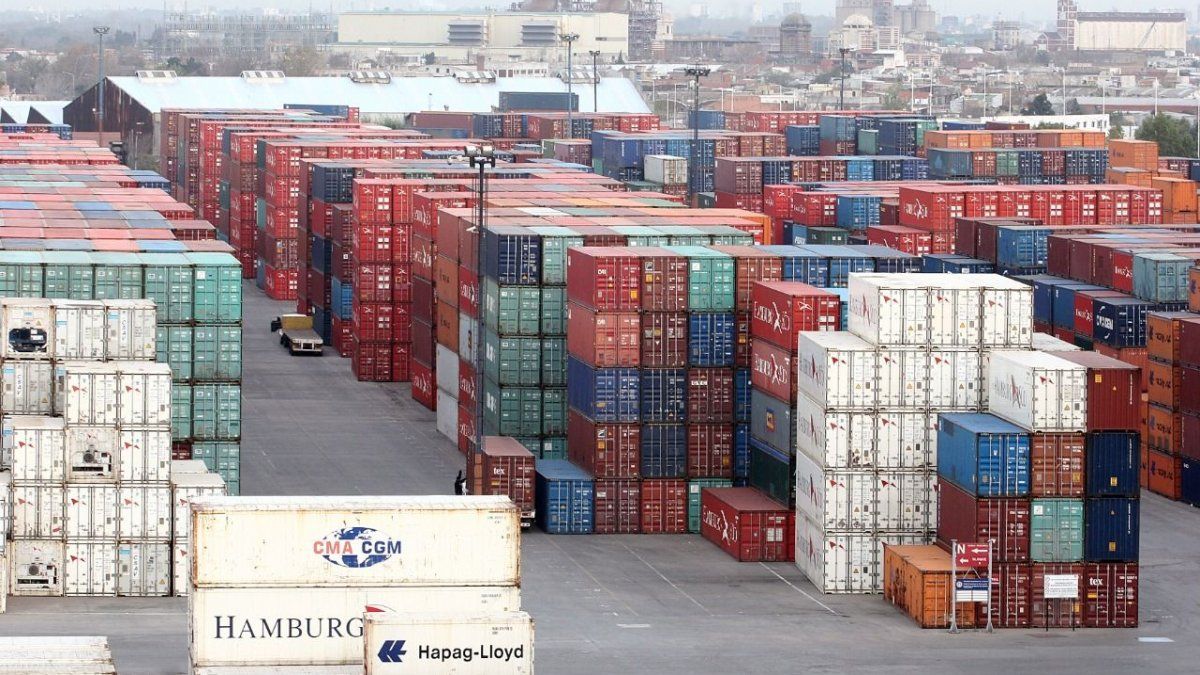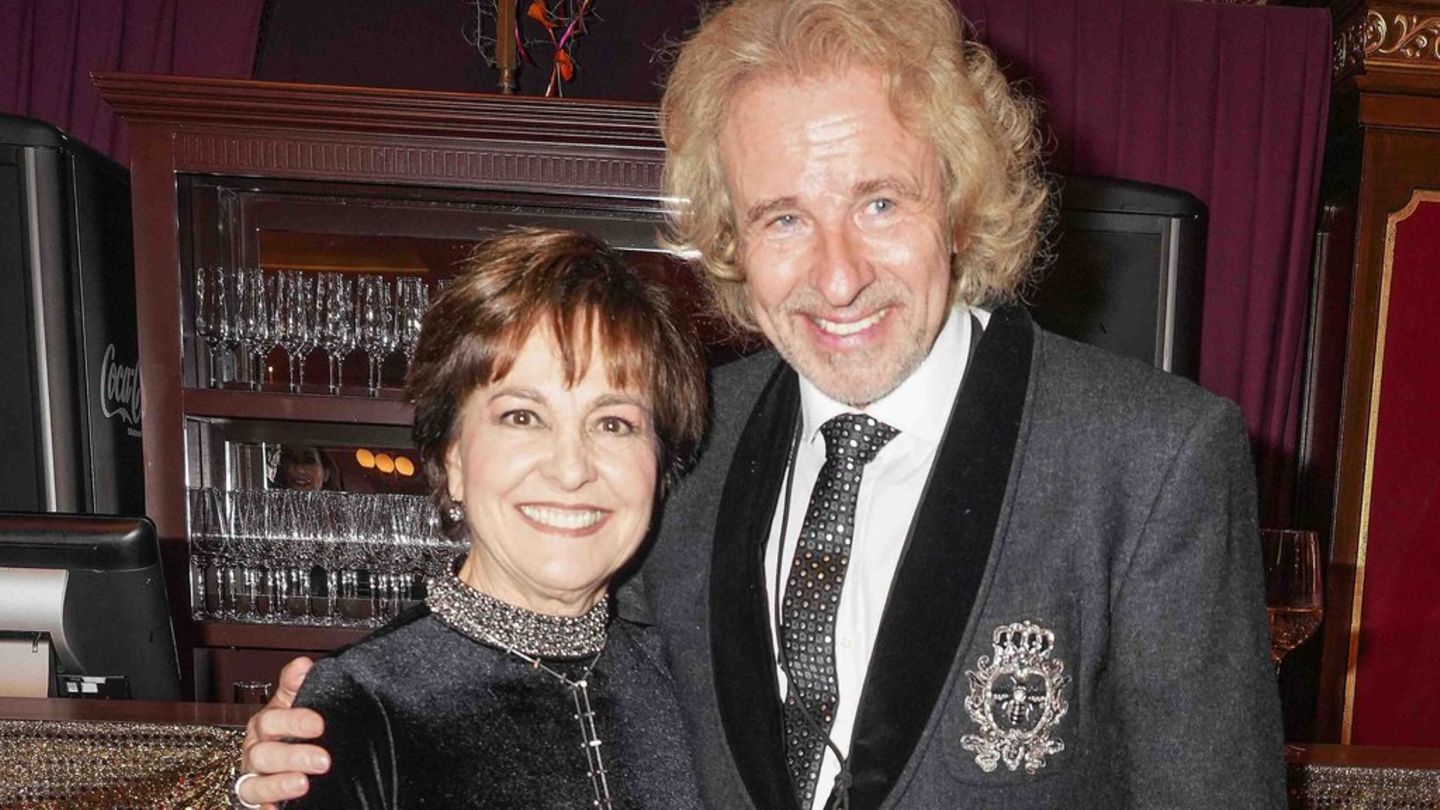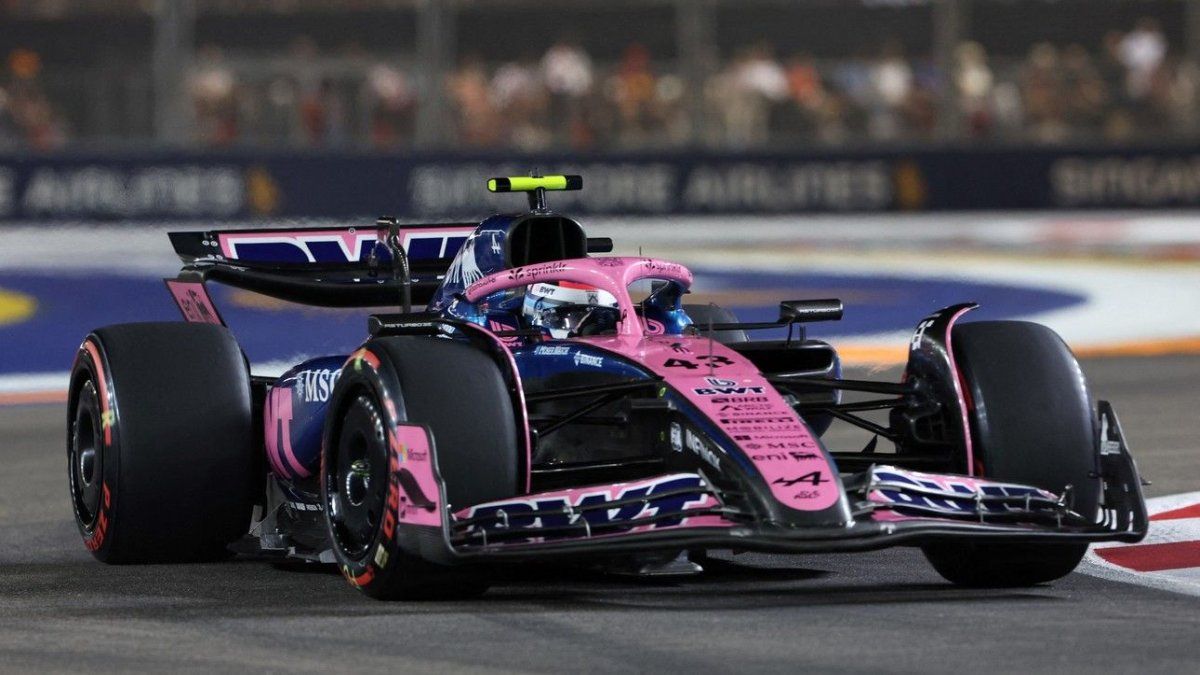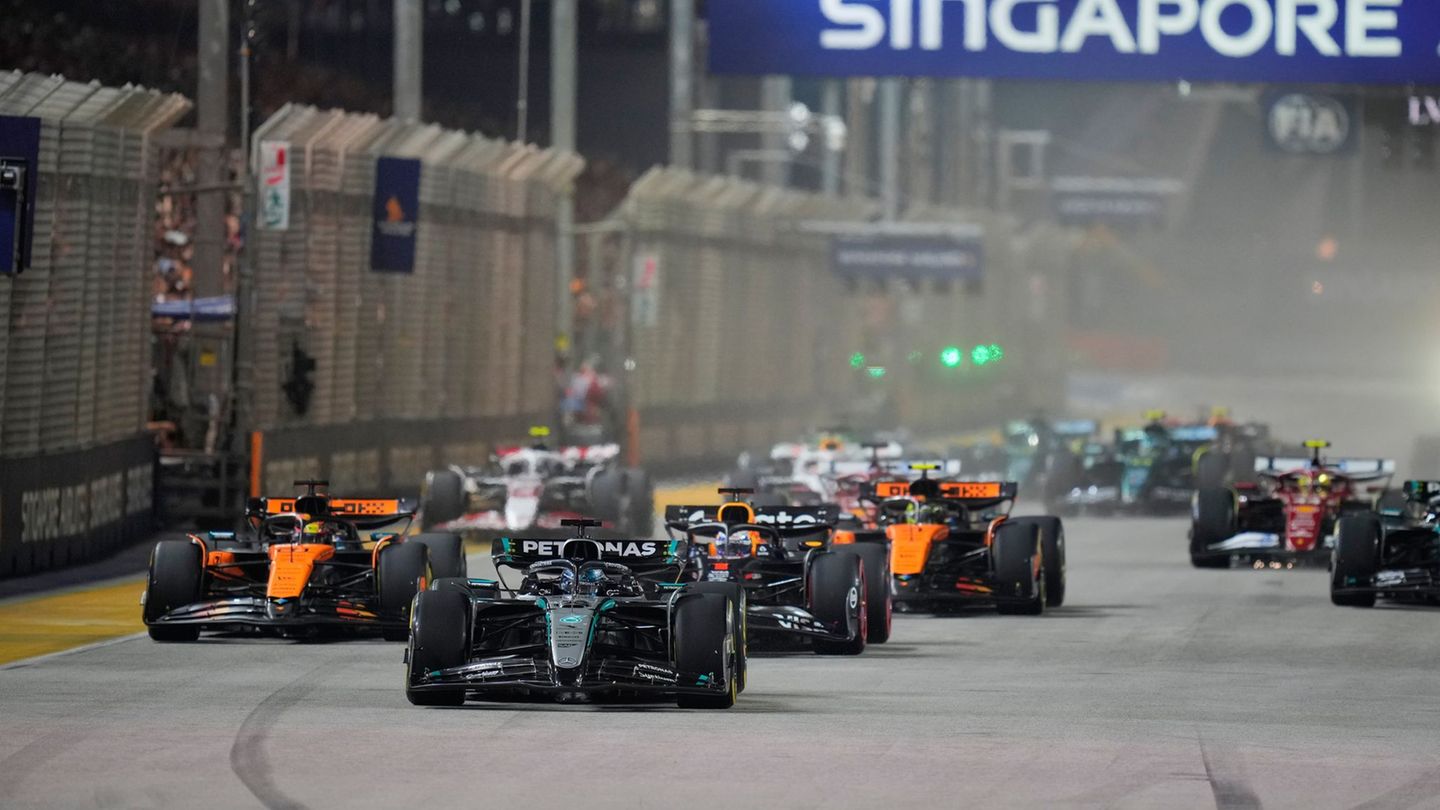Japan: the antecedent to the European Union Agreement
In an attempt to drastically reduce the enormous commercial deficit of your country, The US president promised to impose “reciprocal” tariffs punitive dozens of countries if they do not reach an agreement with Washington before August 1.
The agreement with Japan, along with another with the Philippines, also announced on Tuesday, means that Trump won five agreements since his administration promised in April “90 agreements in 90 days.”
The others were with Great Britain, Vietnam and Indonesiawhich, according to the White House on Tuesday, would relieve critical restrictions on the export of minerals.
“We have just completed a massive agreement with Japan, perhaps the largest agreement ever achieved,” Trump wrote on his social truth platform. He said that, according to the agreement, “Japan will invest, under my direction, US $ 550,000 million in the United States, which will receive 90% of the profits.”
He did not provide more details about the unusual investment plan, but said that “it will create hundreds of thousands of jobs.”
Japanese exports to the United States were already subject to a 10% tariff, which would have increased to 25% on August 1 without an agreement. There were also 25% tariffs on Japanese cars, an industry that represents 8% of Japanese jobs, in addition to 50% about steel and aluminum.
The Japanese prime minister, Shigeru Ihiba, announced that the cars tax had been reduced to 15%, which triggered the shares of Toyota and Mitsubishi, with increases of around 14% each. The Nikkei rose 3.5%.
“We are the first country in the world to reduce tariffs on cars and auto parts, without volume limits”Ishiba declared. “By protecting what should be protected, we continue negotiations with the objective of achieving an agreement that satisfies national interests from both Japan and the United States,” he added.
However, Japan’s commercial envoy, Ryosei Akazawa, who reached the agreement on his eighth visit to Washington, said that 50% tariffs on steel and aluminum would remain. Akazawa also said that the increase in spending in defense of Japan, something for what Trump has pressed, was not part of the agreement.
Trump declared Tuesday that Japan also agreed to “open his country to commerce, including cars and trucks, rice and other agricultural products, among others”. Rice imports are a delicate issue in Japan, and the Government of Ishiba, who lost the majority in the upper house in Sunday’s elections, had previously ruled out any concession.
Japan currently imports 770,000 tons of tariff -free rice under their commitments to the World Trade Organization, and Istiba said that, within this period, more American grain will import. The Premier declared Wednesday that the agreement does not “sacrifice” the Japanese agricultural sector.
Source: Ambito




